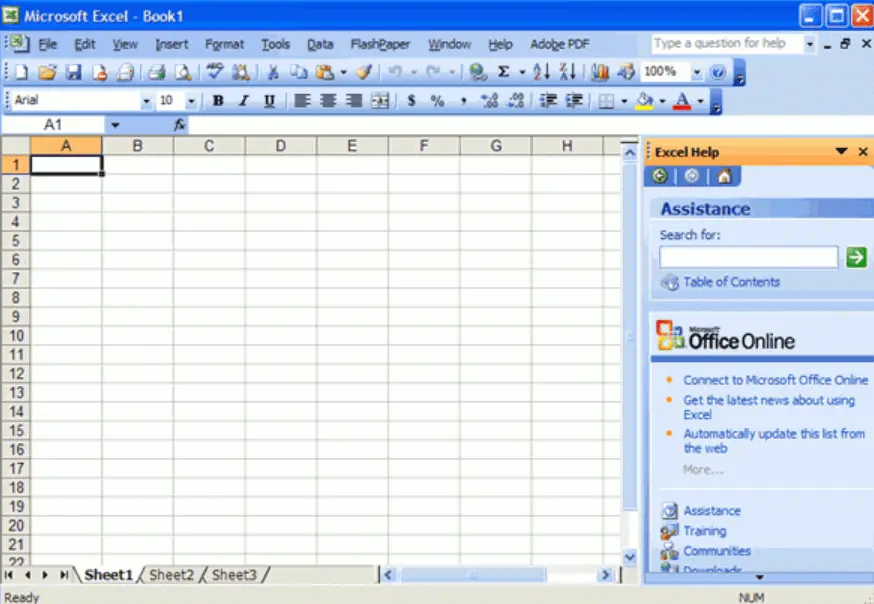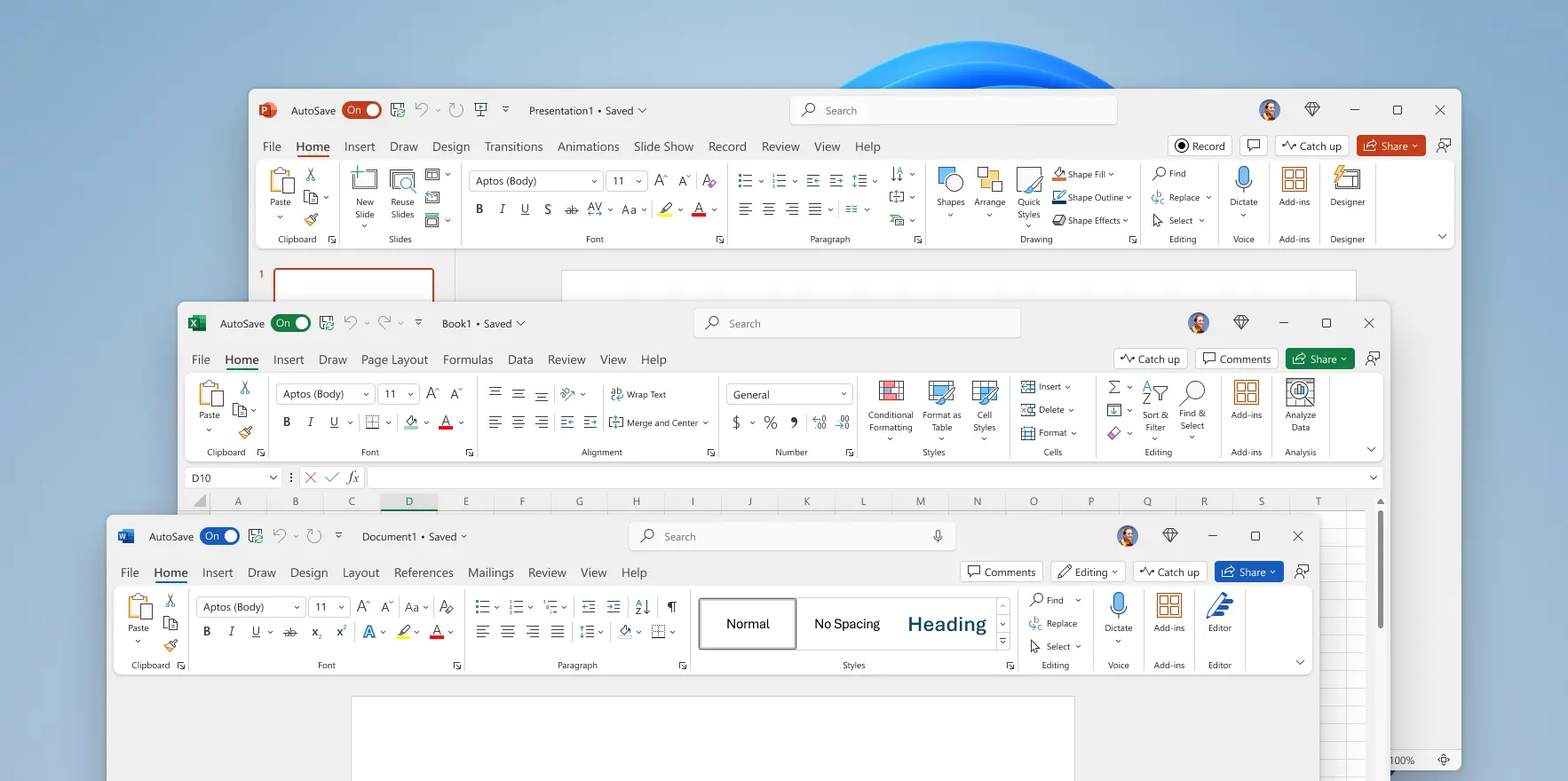Why did UI’s turn from practical to form over function?
E.g. Office 2003 vs Microsoft 365

It’s easy to remember where everything is with a toolbar and menu bar, which allows access to any option in one click and hold move.

Seriously? Big ribbon and massive padding wasting space, as well as the ribbon being clunky to use.
Why did this happen?


Modern design has, by definition, a lot of negative space, which by definition means fewer functions can fit on the screen at the same time. I certainly appreciate clean design, but the tools I use the most as a power user are fairly obtuse to get into:
And other than vim and regex (learned in school), I learned all of those (and more!) after entering the workforce, some of those ~10 years after, and I’m constantly learning new tools (e.g. we use macOS at my current job, and this is my first time using macOS full-time in my career). So I don’t think it’s really about being stubborn, but frustration when the tools you’re familiar with change drastically. If it was an option, I might try it and swap between it sometimes, but if I’m forced to use the new UX, I’m going to be pissed.
I’m not saying “tight compact layouts are inherently power user friendly,” I’m saying power users are comfortable with a certain workflow and know where all their tools are, and then when everything gets jumbled, they have to go relearn everything. It’s like when my MIL comes and reorganizes our kitchen, my SO and I get pissed trying to find everything again. Once you learn a compact tool, it’s really easy to find what you want, whereas when a tool has a lot more negative space, less fits on the screen and you have to go find the stuff you want (i.e. click a different ribbon menu, then click the tool, instead of just clicking the tool).
That’s why I think both should be an option. If you decide your workflow only needs a handful of tools, you should be able to ditch the ribbon and make a toolbar with just those tools (which includes some in the menus).